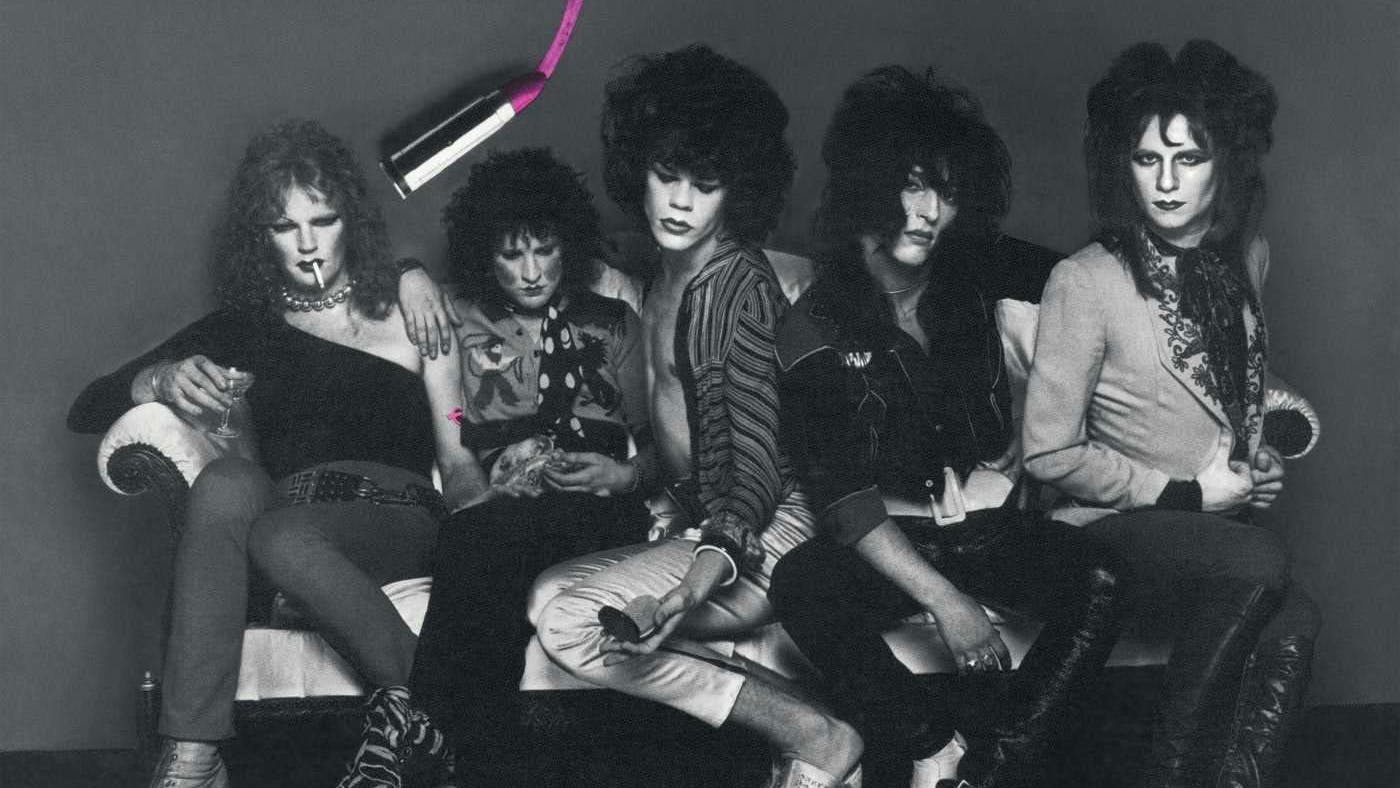An undiagnosed dyslexic, life in the rag trade beckoned before Sylvain decided to form a band with his friend Billy Murcia. It was then that the seeds of The Dolls were sown.
When The Dolls emerged in the early ’70s, their openly effeminate dress-sense and abrasive musical approach appeared confrontational, setting them at odds with their contemporaries and the musical establishment. At first, a record deal eluded them, allowing them the time to forge a reputation as an outlandish live band as they honed their songwriting. Equally significant was The Dolls’ penchant for excess and self-destruction.
By the time they released their self-titled debut album in July 1973, the band had already suffered their first casualty in Billy Murcia who died of asphyxiation following an accidental overdose during a brief UK tour in November 1972. For Sylvain, the loss was palpable but he was adamant that The Dolls had to carry on, and so they did by recruiting Jerry Nolan as their drummer.
Armed with a deal with Mercury Records, The Dolls entered New York’s Record Plant Studios and recorded their first album in just eight days with producer Todd Rundgren at the helm. The resultant 11 tracks echoed ’50s rock, but tracks like Personality Crisis, Jet Boy and Trash (the latter co-written by David and Sylvain) pointed the way forward to a new musical invective. Years later, Sylvain would describe the band’s debut as being nothing short of a manifesto.
“It started a whole scene. It wasn’t just even music, it was the door that was open that delivered the clothing, the lifestyle, the attitude,” he told me during one conversation.
Another visit to England in November 1973 saw the band play fashion emporium Biba and appear on the Old Grey Whistle Test TV show. The latter would be a catalytic moment for a generation of musicians watching at home.
